-
All products are added to your cart.
What impacts the production of sebum?
Genetics
Whenever one of your parents have overactive, balanced or lazy sebaceous glands, you’re likely to have similar glands as they do. Do we have to envy people with a naturally balanced skin? Sure, but that doesn’t mean you can’t have what that person has. You just have to work a little harder to attain it.
Age
Your skin will produce less sebum the older you’ll get. As your skin ages it loses important proteins like collagen, eventually slowing down your sebaceous glands. On the bright side, an oily skin may slow down the signs of ageing more than the dryer counterpart. Most sebum is secreted between 15 to 35 years of age.
Hormones
Age and hormones are actually interconnected. As you age, hormone levels increase and decrease. In turn, your sebaceous glands have receptors which are influenced by your hormones levels. These glands are mostly affected by androgens such as testosterone, which are present in everyone. An increase will lead to more oil production in the sebaceous glands and a decrease will lead to very little oil production.
Sebum production may also change throughout the menstrual cycle. Although the impact that estrogen has on sebum production is still unclear, some studies showcased an increase in oil production for women with oily skin, but for normal skin no change was observed.
Foods
This is probably one of the worst factors contributing to oil production. Worst in the sense that it could make a huge difference in oil production, but also the fact that you will have to make a choice if you really want to continue eating certain foods. Again, food is also interconnected to hormones.
These are some of the foods that can make your skin oilier:
Dairy products - These contain high levels of hormones which can lead to an increase in oil production.
Refined white flour and rice - These types of foods cause a spike in blood sugar levels, resulting in a rise in androgen levels, which then in turn crank up oil production.
Saturated and trans fats - Saturated and trans fats increase inflammation in the skin, which can cause excess oil.
Salt - Too much salt in the body causes water retention in the body and dehydration on the outside (your skin). To compensate, you skin increases its oil production to make up for the lack of hydration.
Sugar - Again, sugar spikes your blood sugar levels. Body creates more insulin, more insulin results in raised androgen levels, more androgen and voila, more oil on your face.
Alcohol - Alcohol causes dehydration as it saps fluids out of the skin. The more dehydrated your skin becomes, the more your skin will compensate by producing more oil.
Season changes
Our skin usually becomes more dry in the winter due to the cold weather and heater, while is usually can get more oily in the summer due to the sweat caused by hot weathers.
Dehydrated skin / damaged skin barrier
A dehydrated skin is a skin with a damaged skin barrier that tries to protect and compensate itself by creating more oil.
Overuse or misuse of skin care products
If we use the wrong product or use a product incorrect we could damage our skin and therefore imbalance your skin's natural barrier.







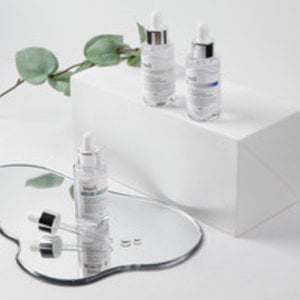

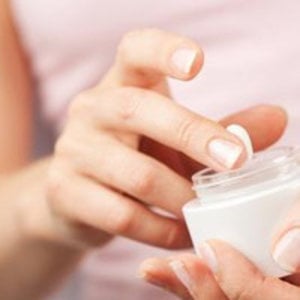






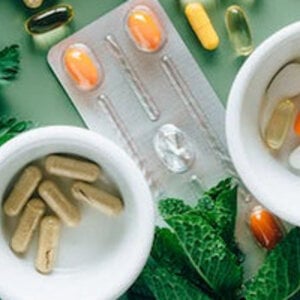

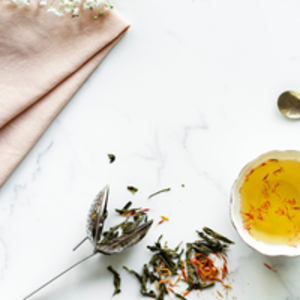
 Teenager
Teenager Student
Student Career (searching)
Career (searching) Party!
Party!
 On the plane
On the plane Travel friendly
Travel friendly Day trip
Day trip
 Postcards
Postcards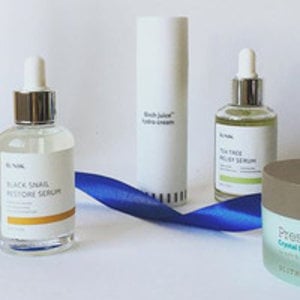 Beauty gifts
Beauty gifts <3 Gift Card
<3 Gift Card
 7-Skin Method
7-Skin Method 1 Day 1 Mask
1 Day 1 Mask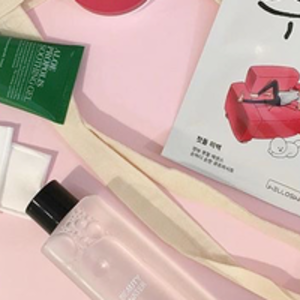 Best of K-beauty
Best of K-beauty Face Gym
Face Gym Glass skin
Glass skin
 Haru Haru Exclusives
Haru Haru Exclusives Fashion & Lifestyle
Fashion & Lifestyle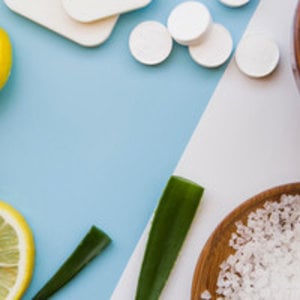

 1. Cleansing
1. Cleansing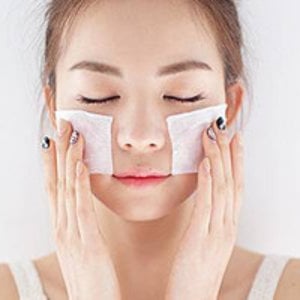 2. Toner
2. Toner 3. Eye cream
3. Eye cream 4. Treatment / Boost
4. Treatment / Boost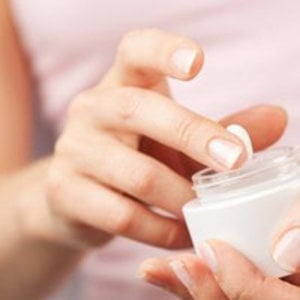 5. Moisturizer
5. Moisturizer 6. Sun protection
6. Sun protection 6. Night treatments
6. Night treatments
 Skin type - Normal
Skin type - Normal Skin type - Dry
Skin type - Dry Skin type - Oily
Skin type - Oily Skin type - Combi
Skin type - Combi Skin type - Sensitive
Skin type - Sensitive Skin concern - Dehydrated
Skin concern - Dehydrated Skin concern - Pigmentation
Skin concern - Pigmentation Skin concern - Acne
Skin concern - Acne Skin concern - Wrinkles
Skin concern - Wrinkles
 How much should I use?
How much should I use? Applications and handlings
Applications and handlings Sequence and waiting times
Sequence and waiting times Mask guideline
Mask guideline Recycle & upcycle
Recycle & upcycle
 Natural vs. synthetic
Natural vs. synthetic Clean vs. dirty beauty
Clean vs. dirty beauty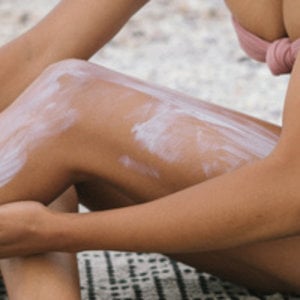 Mineral vs. chemical UV filter
Mineral vs. chemical UV filter Open and closed pores
Open and closed pores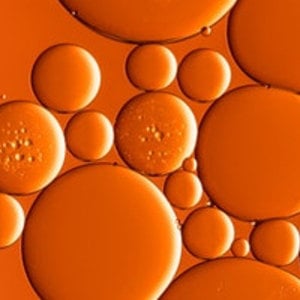 Oils are bad for oily skin types
Oils are bad for oily skin types No makeup, no double cleansing
No makeup, no double cleansing No sun, no sunscreen
No sun, no sunscreen Scary acids
Scary acids Oily skin, no moisturizer
Oily skin, no moisturizer
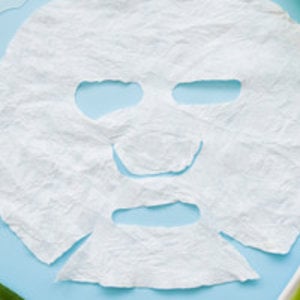 Sheet Masking Tips
Sheet Masking Tips 7 Skin Method
7 Skin Method
 Pigmentations & dullness
Pigmentations & dullness Wrinkles & lines
Wrinkles & lines Acne & pimples
Acne & pimples Enlarged pores
Enlarged pores Oil control
Oil control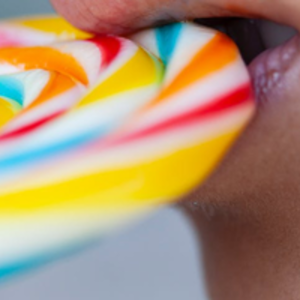 ⤷ Sebum production
⤷ Sebum production
 Ingredients
Ingredients Glossary
Glossary FAQ: kbeauty
FAQ: kbeauty FAQ: skincare
FAQ: skincare Workshops
Workshops
 Skintype quiz
Skintype quiz Routine quiz
Routine quiz Acne quiz
Acne quiz

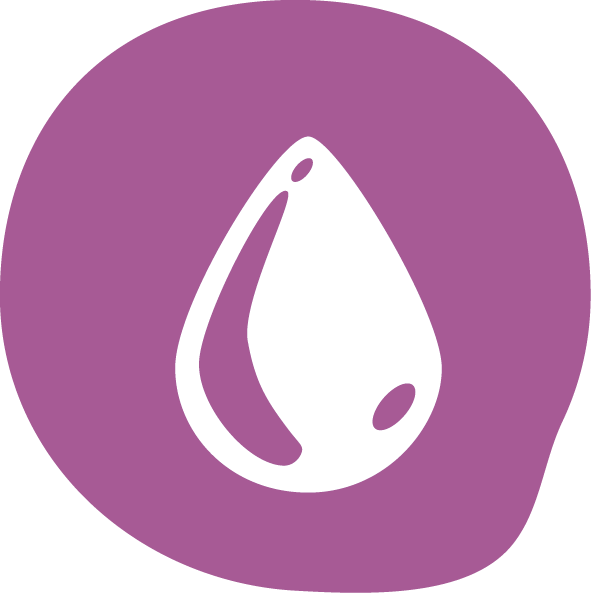
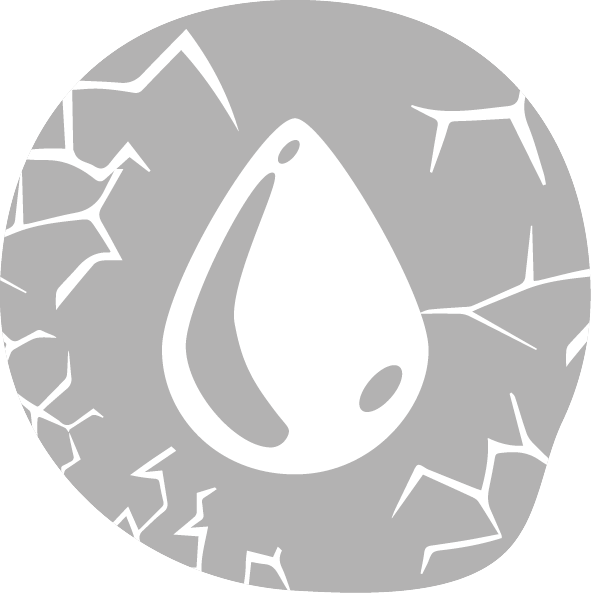


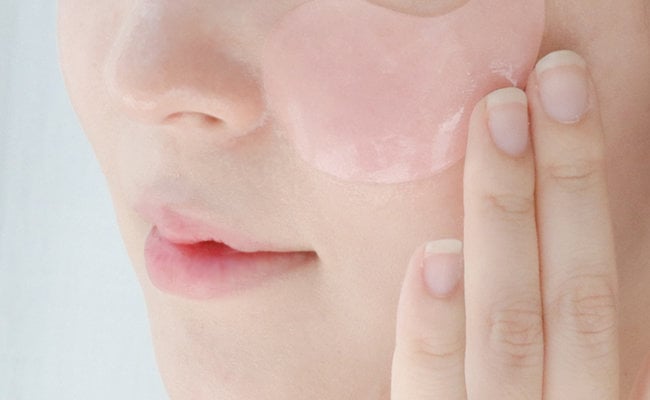
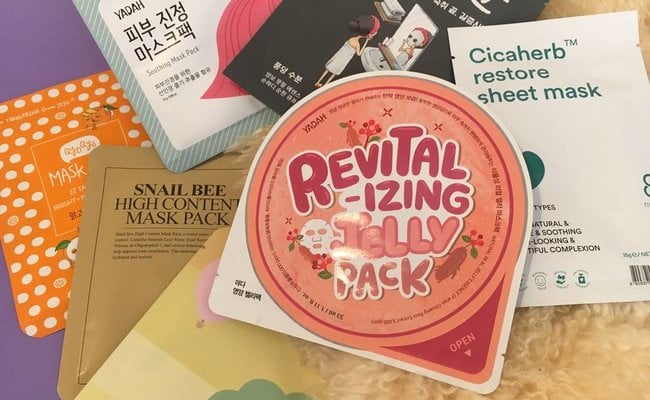




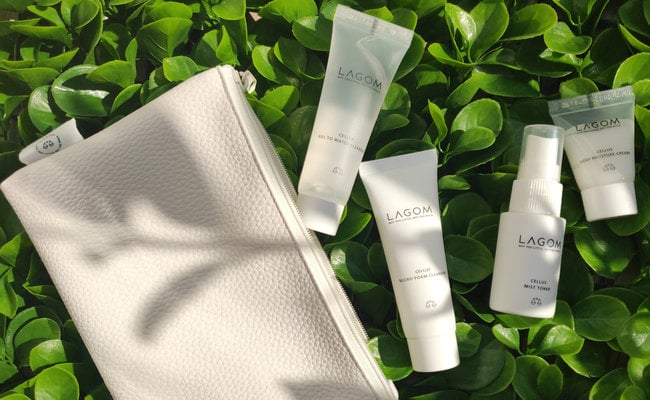







![[ PETITFEE ]
Beautifying Mood on Cleanser -100ml](https://cdn.webshopapp.com/shops/239114/files/406948442/400x450x1/petitfee-beautifying-mood-on-cleanser-100ml.jpg)
![[THANK YOU FARMER] Rice Pure Clay Mask to Foam Cleanser - 150ml](https://cdn.webshopapp.com/shops/239114/files/409487563/400x450x1/thank-you-farmer-rice-pure-clay-mask-to-foam-clean.jpg)
![[ YADAH ]
Be My Tint 01 Wannabe Pink - 4g](https://cdn.webshopapp.com/shops/239114/files/211817276/400x450x1/yadah-be-my-tint-01-wannabe-pink-4g.jpg)

